Editor's Note: The online world was once lauded as a space of creative freedom, where people could share knowledge and spread positivity. But along with that spread came the rise of "virtual powers"—where fame is measured by views, trust is traded for interaction, and morality is obscured by the glamour. Since the beginning of 2025 alone, numerous cases of celebrities being arrested for violating the law have once again exposed the dark side of the "virtual world."
KOLs - Who are they?
KOL, an abbreviation of the English phrase "Key Opinion Leader," is understood as "Key Opinion Leader" or "Key Opinion Leader." Alongside its positive aspects, many "distorted" KOLs have emerged, using social media to manipulate emotions, profit economically , and even disrupt social order.
Properly identifying the role and responsibilities of KOLs, and guiding them within the framework of ethical standards and legal compliance, is essential. KOLs can be seen to have two basic characteristics: They are reputable individuals in a particular field/industry due to their deep understanding, expertise, and specialized knowledge; their reputation and knowledge can influence a specific group of people, creating a strong impact and shaping public opinion.
According to the Ministry of Public Security , KOL accounts subject to review, statistics, evaluation, and police investigation must have at least 5,000 followers for "reputable KOLs"; 10,000 followers for "online KOLs"; or "hidden KOLs" who manage, operate, or control a system of social media accounts, pages, channels, or groups with at least one account in the system having 10,000 followers or members or more.
In fact, these social groups can be "categorized" into four categories: people with prestige in society who participate in and exert influence in cyberspace; people without prestige in society but who create influence due to their large online following; people with indirect influence in cyberspace; and people with influence in the field of social media marketing.
It's easy to see that most KOLs share common traits: creativity, confidence, keen awareness of trends, and a desire for recognition. But when ambition crosses ethical boundaries, "online power" becomes an illusion of power – where individual voices can override collective reason.
Legal framework and civic responsibility
With Law No. 75/2025/QH15 amending and supplementing several articles of the 2012 Advertising Law of the National Assembly, effective from January 1, 2026, for the first time, the legal responsibility of influencers in advertising activities has been clearly defined. Accordingly, influencers who advertise falsely may be subject to penalties under Article 11: Administrative sanctions and criminal prosecution depending on the nature and severity of the violation. They must compensate for damages if they cause harm to consumers. They are also legally responsible if the advertising content is not truthful, clear, or misleading (according to Article 19).
Furthermore, the Cybersecurity Law and other regulations related to advertising, taxation, etc., have clearly defined the legal responsibilities of influential individuals. However, the main issue remains self-regulation. If KOLs truly want to survive in the long term, they must understand that civic responsibility is more important than personal image. And the public, if they want to avoid being deceived, need to learn to trust rationally, not emotionally.
When the keyboard becomes a "weapon of power"
Based on real-world events, it can be affirmed that KOLs (Key Opinion Leaders) have an extremely significant influence on the public. In some cases, they even "shape public opinion," not only guiding public sentiment but also manipulating the masses, leading to unpredictable consequences. Despite numerous cases of their illegal activities (from counterfeiting and false advertising to tax evasion) being exposed, the trust of a large segment of the public remains unshaken. This reflects the power of the combination of psychological, social, and media factors.

Hanoi police inspect businesses selling medicines, dietary supplements, and cosmetics advertised by KOLs (Key Opinion Leaders). Photo: MINH KHANG
First and foremost, KOLs build a personal image and a relatable "story" that easily evokes empathy. The case of Quang Linh Vlogs, famous for his videos helping people in Angola and creating the image of a "compassionate Vietnamese," is a prime example. Despite being prosecuted in April 2025 for producing fake Kera vegetable candy (containing only 0.6%-0.75% vegetables instead of the advertised 28%), many fans still defend him, saying "he just made a mistake."
Similarly, Hang Du Muc cultivated the image of a "strong businesswoman," then fell into the clutches of the law when her customer fraud was exposed, yet some still believe "she is innocent." According to criminologist Dao Trung Hieu, this is a "tactic that plays on emotions instead of reason," triggering the "trust in sincerity" effect while ignoring verification. Consumers often "buy based on trust in images and stories," leading to blind faith.
Secondly, this "trust" stems from the crowd effect and social media algorithms. Social media, where KOL content is amplified through likes and shares, exposes users primarily to agreeable opinions. When violations are exposed, a segment of fans still "normalize" the wrongdoing, claiming that "everyone makes mistakes sometimes" or "it's just a misunderstanding."
For example, Ngân 98 was arrested in October 2025 for producing fake food, earning hundreds of billions of dong from livestreaming, yet still received public support from some other KOLs, leading to heated online debates. This led fans to continue believing and viewing the incident as "personal drama" rather than a violation of the law. Therefore, when Ngân's husband, Lương Bằng Quang, expressed his "sadness" and "missing" for his wife online, hundreds of thousands of likes and tens of thousands of comments expressing sympathy for Ngân 98 flooded the internet…
More worryingly, when products from KOLs are launched onto the market, the bandwagon effect often overshadows credibility and verification. Followers feel "safe" seeing millions of likes, leading to the mentality that "if everyone believes it, then it must be true."
Thirdly, there's the mentality of "if a celebrity uses it, it's good" and a lack of legal awareness. A typical example is the case of beauty queen Nguyen Thuc Thuy Tien, who was prosecuted for deceiving customers in the Kera candy case (fined 25 million VND for false advertising), despite having been considered a "positive role model"; Hoang Huong, arrested for tax evasion of 2.1 trillion VND and false advertising of dietary supplements, was still believed by some thanks to her image as a "businesswoman serving the community" through charity livestreams… Even when Hoang Huong was arrested, many still believed, "That's impossible, she was just doing charity work."
Ultimately, socio-economic pressures and the need for "quick solutions" become catalysts that further increase public trust in KOLs. KOLs exploit this to sell products, creating a sense of "unmissable opportunity" to deceive consumers. This is a clear indication that consumers are "operating more on emotion than reason."
In a context where society is still incomplete and the legal system is still flawed; the two-tiered local government model still has some issues to resolve; some KOLs (Key Opinion Leaders) have taken advantage of the situation to "manipulate public opinion," "lead public opinion," and create "dirty media" campaigns to gain illicit profits, even attacking and distorting the Party's guidelines and policies, and the State's laws; inciting illegal protests, and spreading harmful and toxic information. Some elements have also exploited ethnic and religious issues to incite division within the national unity...
Trust is being exploited.
The mentality that "whatever your idol says is right" makes many consumers easily fall into media traps. Therefore, when many people who were once praised for their "compassion" or "inspirational" behavior are brought to court, the public is not only disappointed but also confused.
Trust is exploited, emotions are manipulated, and social media has become an "emotional court"—where right and wrong are decided by pity or hatred. It's time for both celebrities and the public to return to their roles as responsible citizens: influencers should understand their limits, and social media users need to be discerning in choosing what to believe.
VIET LAM - DIEP HANG - AN BINH
Source: https://www.sggp.org.vn/ao-vong-quyen-luc-trong-the-gioi-mang-bai-1-quyen-luc-mang-tu-kol-post820483.html







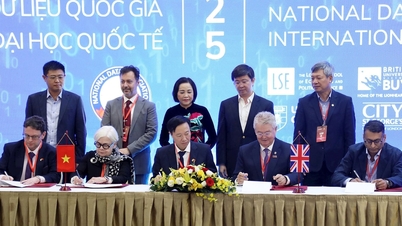

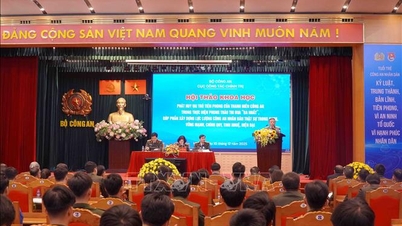

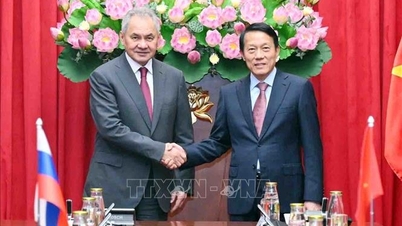


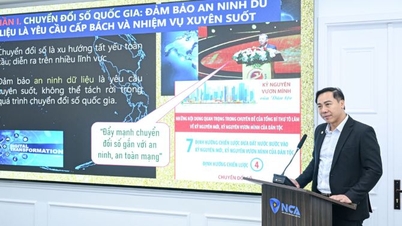
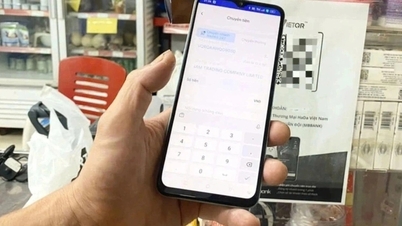




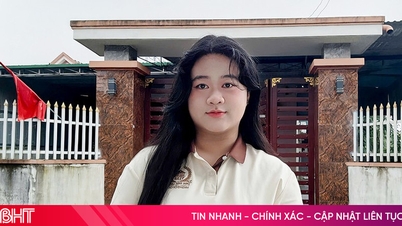

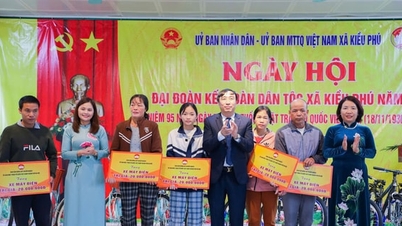









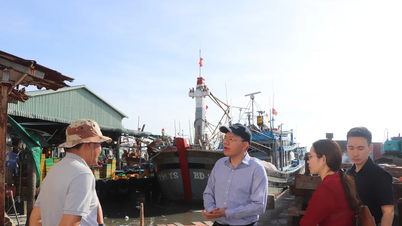

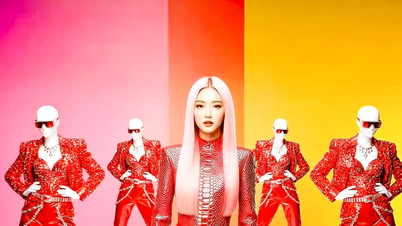

















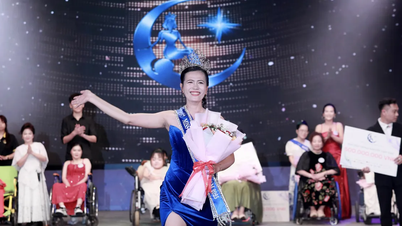



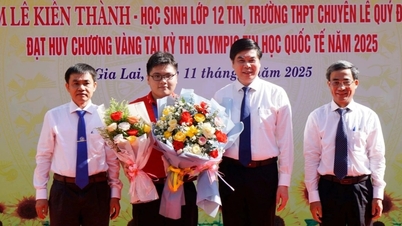























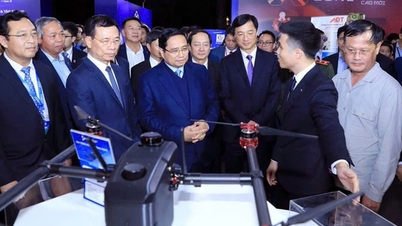

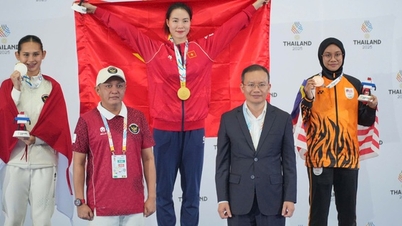

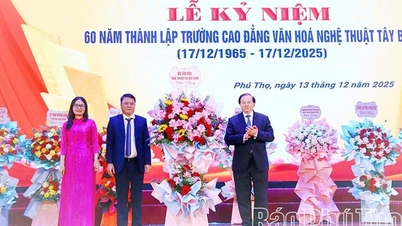
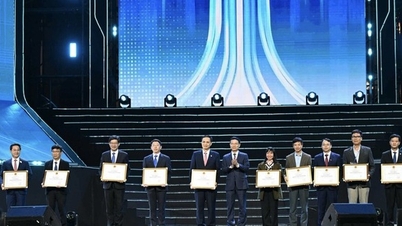
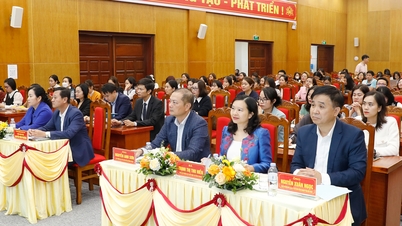

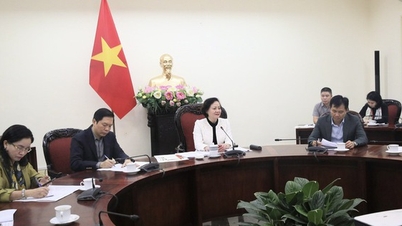


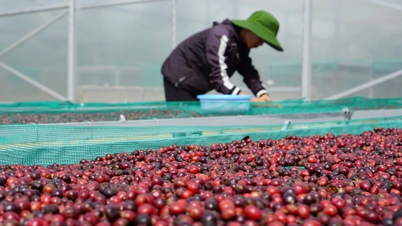



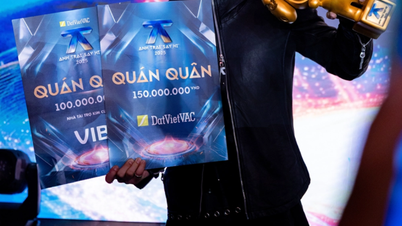
















Comment (0)